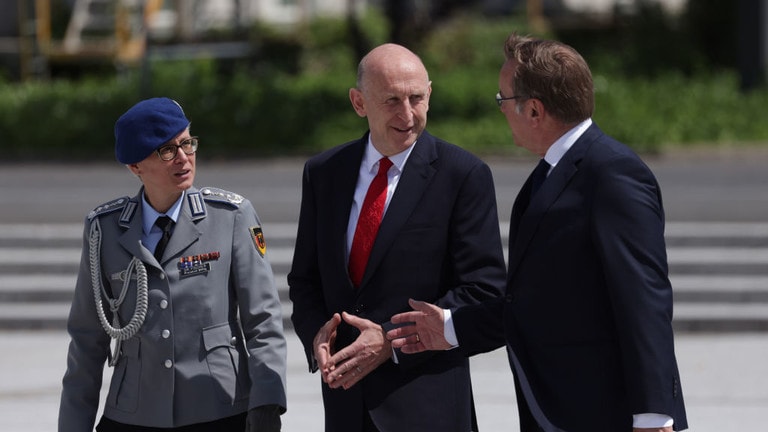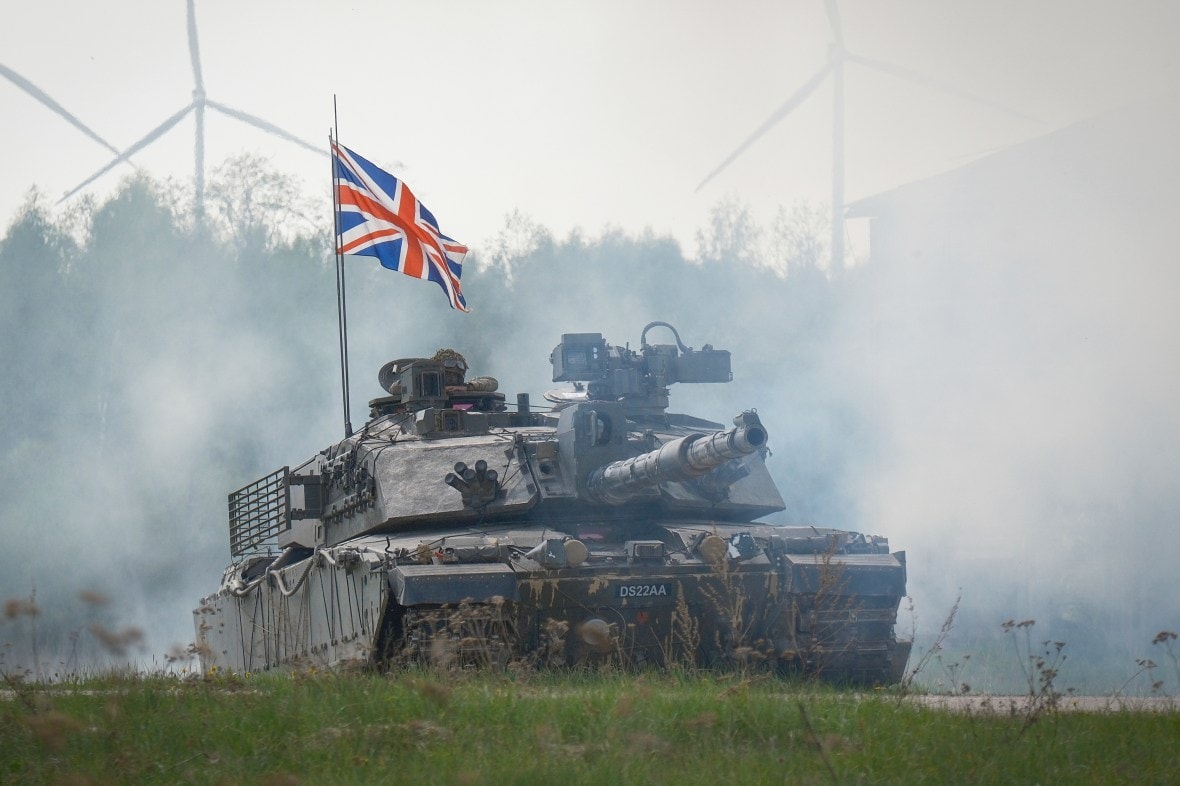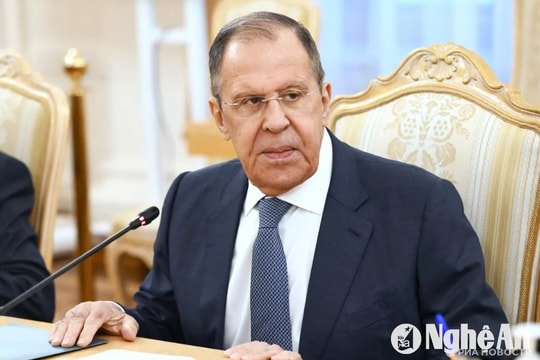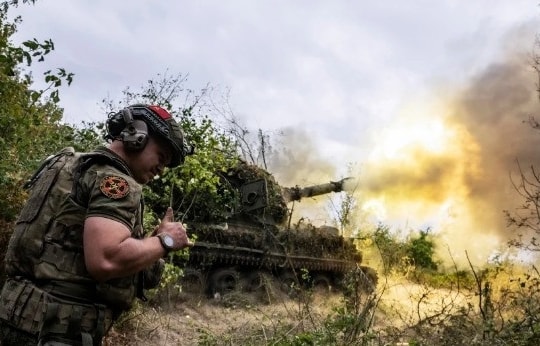Britain and Germany to sign historic defense pact
British Defence Secretary John Healey hailed the deal as the most important bilateral agreement since 2010, paving the way for joint military operations, ensuring the army is one step ahead of any Russian threat in Europe.

Britain will sign a historic defense deal with Germany this week, paving the way for closer military and security ties with the European Union, the Sunday Times reports.
The pact is expected to allow British and German forces to conduct joint military exercises on NATO's eastern border with Russia, possibly in Estonia and Lithuania. It will also allow the two countries to buy more weapons together and lead to closer cooperation in the development and production of next-generation weapons.
John Healey, the British defence secretary, hopes the deal will strengthen the British and German defence industries as the West tries to boost production and replenish stockpiles after donating tens of billions of pounds worth of weapons to Ukraine.
Britain is seeking a broad security and defence pact with the EU, covering defence, intelligence sharing, energy and illegal migration. The pact with Germany is seen as a “first step”, with key talks with Brussels expected next year, a source said.
Meanwhile, the prospect of another Donald Trump presidency, combined with Washington’s growing focus on China and the Indo-Pacific region, has raised significant questions about America’s future commitment to NATO in Europe.

Britain, France and Germany — the region's three biggest military powers — are now discussing how they can shoulder more responsibility for defending against what they see as a threat from Russia.
Speaking at a two-day NATO summit in Brussels, Mr Healey said the deal with Berlin would be the most important bilateral agreement Britain had signed since David Cameron's deal with France in 2010. The Lancaster House Treaty then committed Britain and France to closer military cooperation, including nuclear warhead testing and joint military operations.
“It was arguably the biggest foreign policy deal David Cameron ever signed when he did the Lancaster House deal with the French. He did it six months after the 2010 election. We will sign a Lancaster House-style deal with the Germans within four months of this election,” Healey said.
Since the Ukraine conflict broke out, Germany has significantly increased its defense spending, going from being a laggard in NATO to becoming the bloc's second-largest spender, overtaking Britain.
In February, Germany confirmed that for the first time since the 1990s, when the Cold War was still raging, it had met the NATO target of spending 2% of GDP on defense.
Although negotiations are still in their final stages, Healey is said to have held discussions about the deal with his German counterpart, Boris Pistorius, at a meeting of NATO defence ministers. He was accompanied on the trip by General Gwyn Jenkins, the head of the British Royal Marines, who is leading Britain's negotiations with Berlin.
Healey also revealed that British soldiers based in Estonia will receive new training, along with technology upgrades and drone equipment, to help British forces be “combat ready”.
Project Asgard will provide new drones to every frontline unit down to platoon level, as well as new radios and advanced sensors, helping British forces detect enemies from further away, process them quickly and send information to battlefield commanders, then attack from further away.
Healey said Asgard would be deployed next year, demonstrating that a smaller but more agile and technologically advanced force could defeat a much larger conventional opponent. “It’s about putting our forces one step ahead of Mr. Putin,” he said.
During the summit, Britain also announced it would cooperate with Germany, France, Poland and Italy to create a new generation of Western long-range missiles to provide NATO with a new deterrent against the threat from Russia.
Defence sources said the missiles would be significantly more advanced than the British Storm Shadow cruise missile system, which has been used by Ukraine in Crimea and the Black Sea. They would have a range of at least 620 miles, four times the Storm Shadow’s 155-mile range.
Britain has also agreed to join a new “diamond” initiative, which aims to “link” European air defence systems together to ensure the continent is better protected against missile attacks. According to the Sunday Times, Russia, China and Iran are rapidly developing long-range and hypersonic ballistic missiles capable of hitting targets thousands of miles away.






